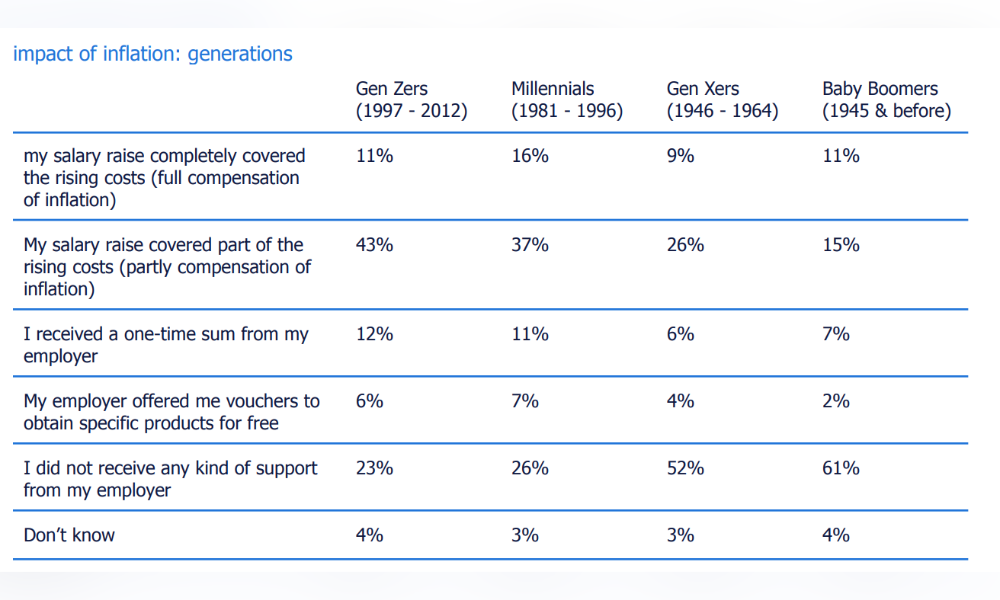
'When employers provide safe AI tools, Singapore can cultivate a skilled and adaptable workforce, as well as position the city-state as an attractive talent centre'

Two in three employees in Singapore believe that AI has already impacted their jobs, according to a new Randstad report.
The report, which polled 2,602 employees in Singapore, found that 34% of the respondents believe that AI has made a considerable impact on their job.
Another 33% said it has made a "little" impact on their job, according to the report.
The findings come amid widespread use of AI in the workplace, with about 30% of respondents already using the rapidly developing technology every day or frequently at work.
David Blasco, country director of Randstand Singapore, said the rise of AI presents "both opportunities and challenges for the workforce.”
"As we navigate a talent-scarce environment, it's critical for employers to approach this transformation with openness and confidence," Blasco said in a statement. "When employers upskill talent with necessary skills and provide access to safe AI tools, organisations in Singapore can cultivate a skilled and adaptable workforce, as well as position the city-state as an attractive talent centre."
Meanwhile, the report also found that younger employees are putting more priority on work-life balance despite rising costs.
According to the report, 44% of Gen Z and 40% of Millennial employees would resign to improve their work-life balance.
"This survey result is somewhat surprising to us, especially given the rise in living costs over the past year in Singapore," Blasco said.
But this comes as the report found that employers are already able to provide financial support to employees to cope with inflation.
According to the findings, 43% of Gen Zs and 37% of Millennials said their salary raise covered part of the rising costs, partly compensation of inflation.
Another 12% of Gen Zs and 11% of Millennials said they received a one-time sum from their boss.

Source: Randstad Singapore
Blasco said the premium put on work-life balance shows employees are "quite conservative in today's job market."
"We can see that Singaporeans are increasingly prioritising a holistic approach to work, as they seek employers who support their work-life balance. This shift indicates a growing awareness of the importance of a supportive work environment in attracting and retaining talent."